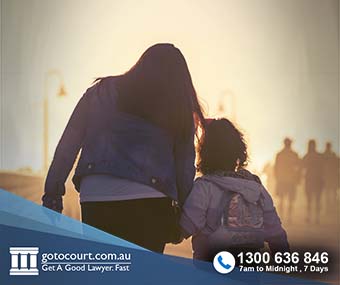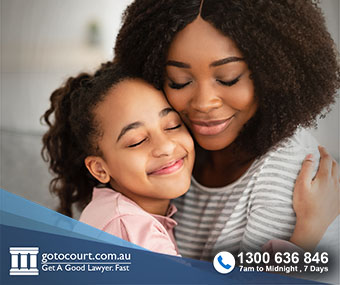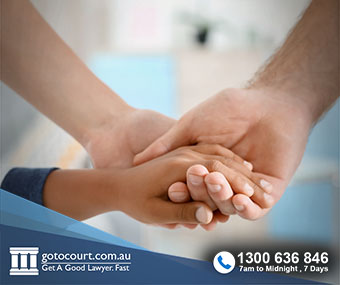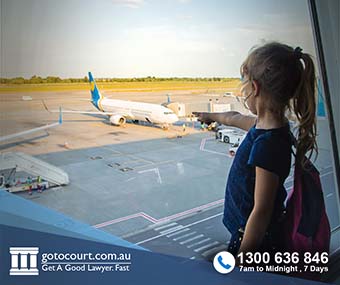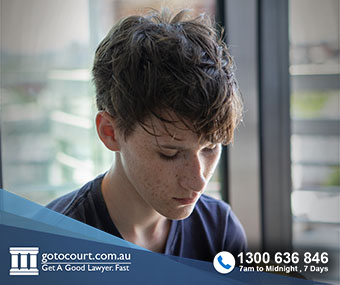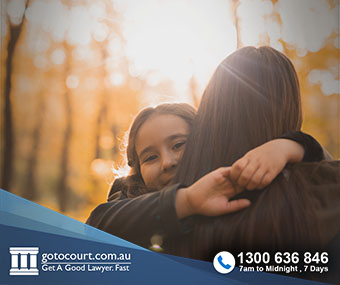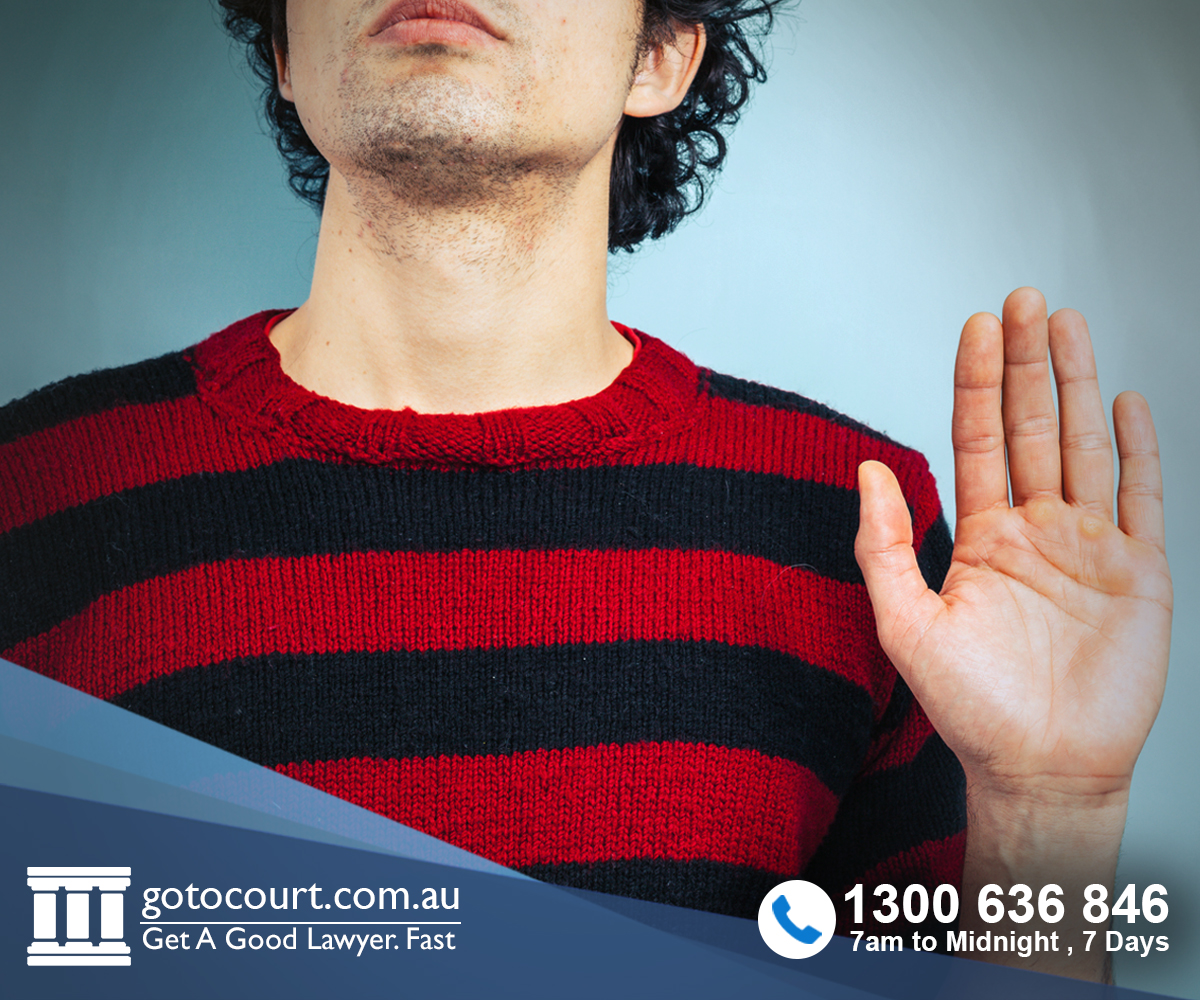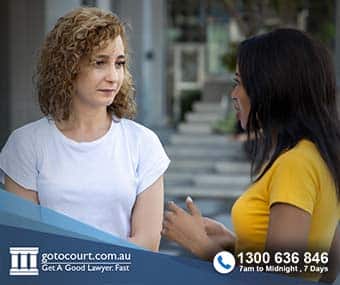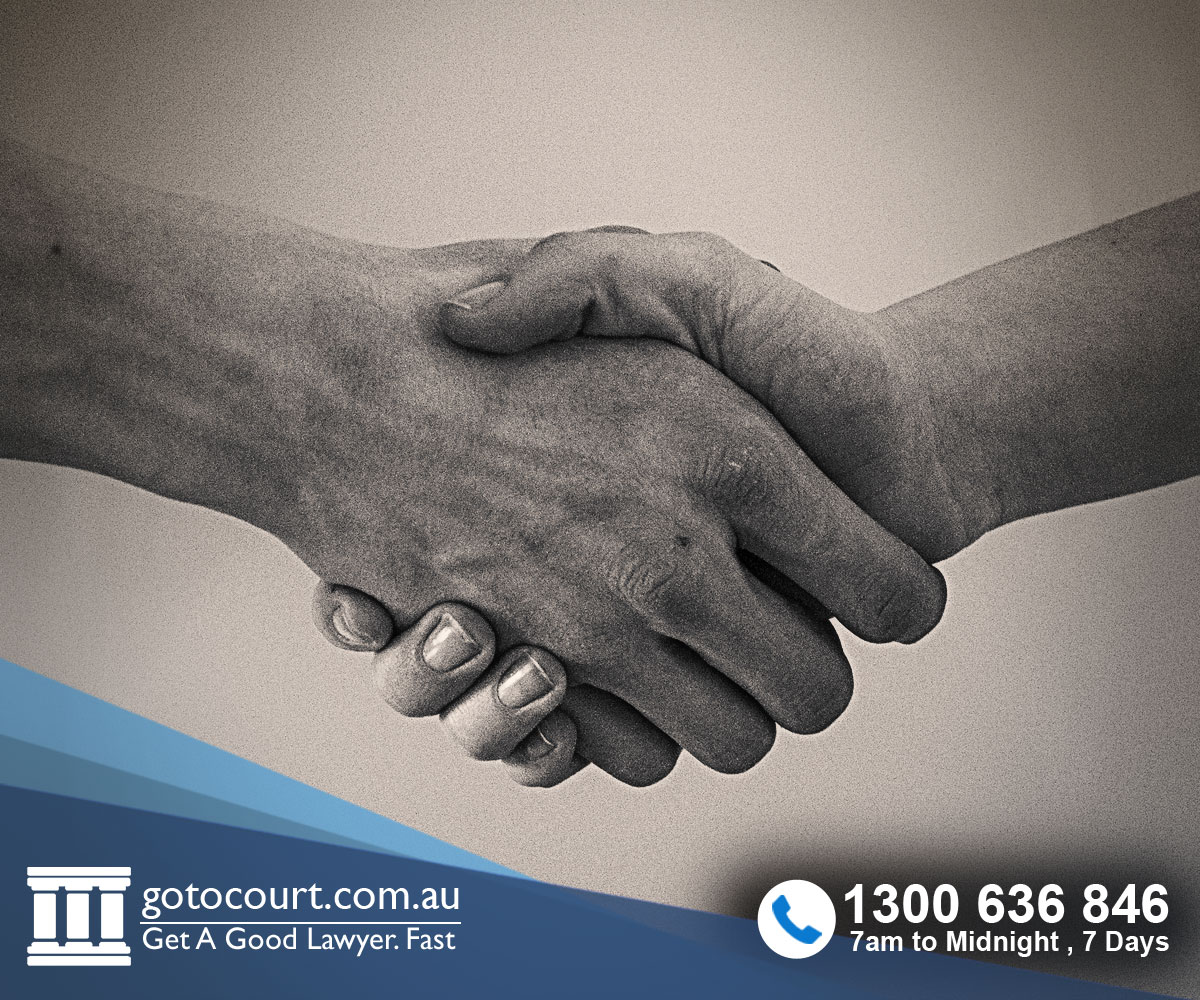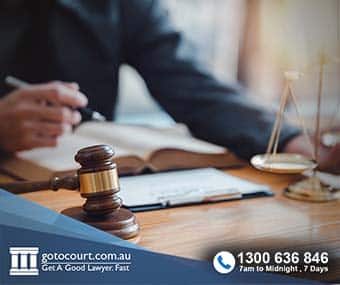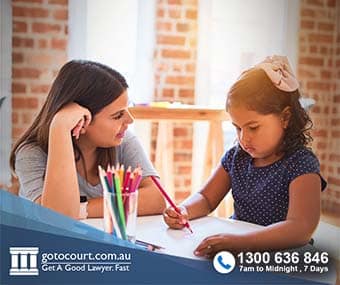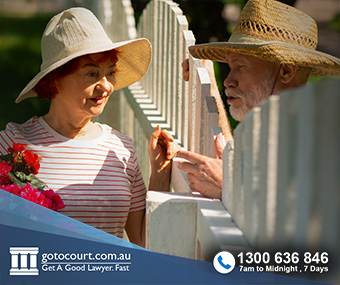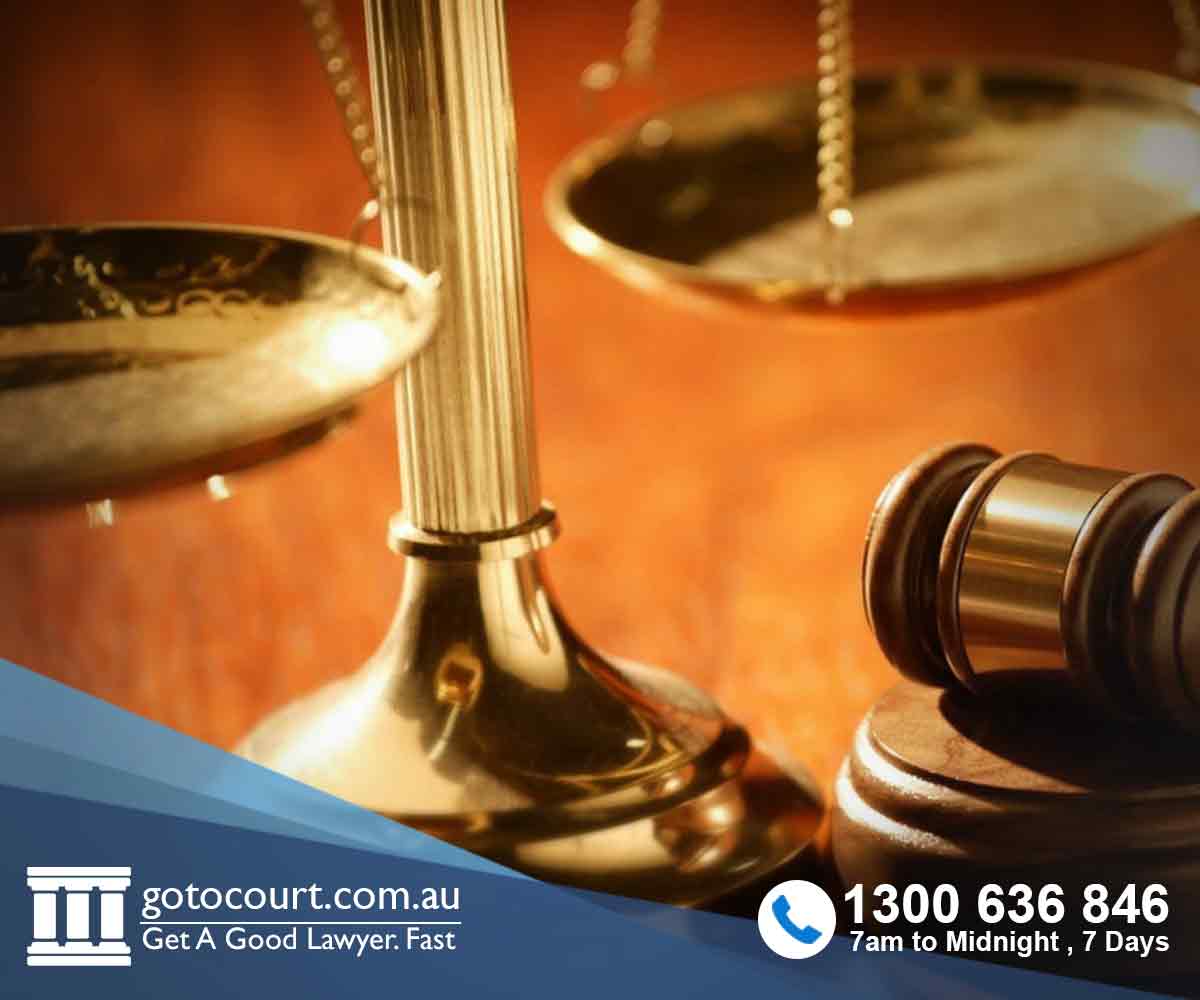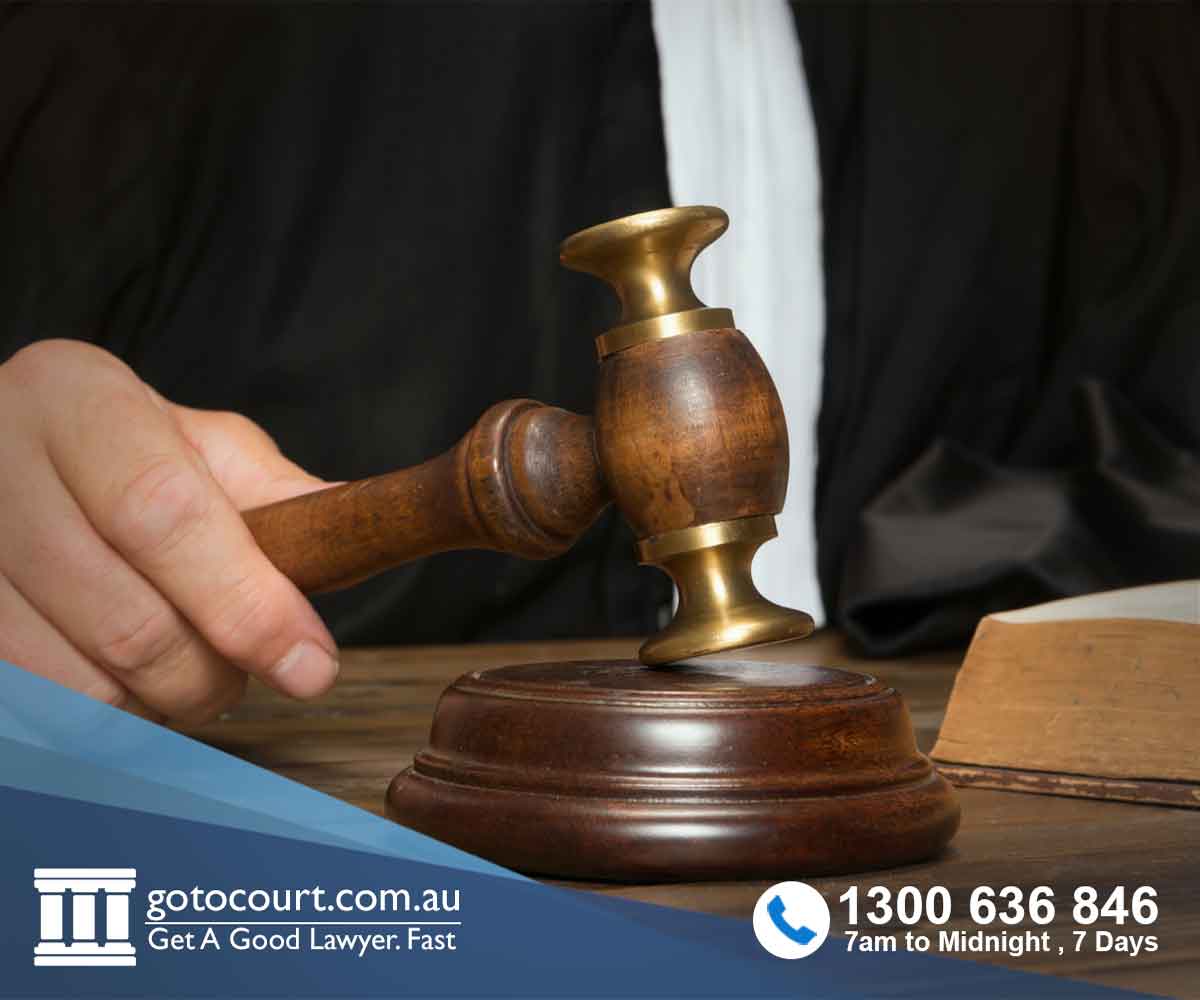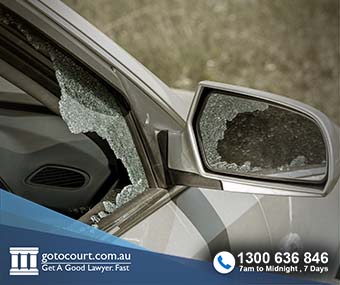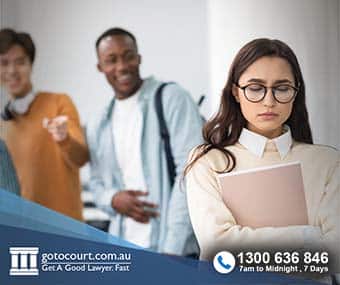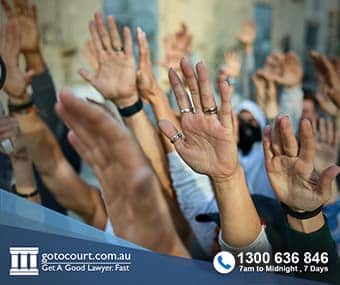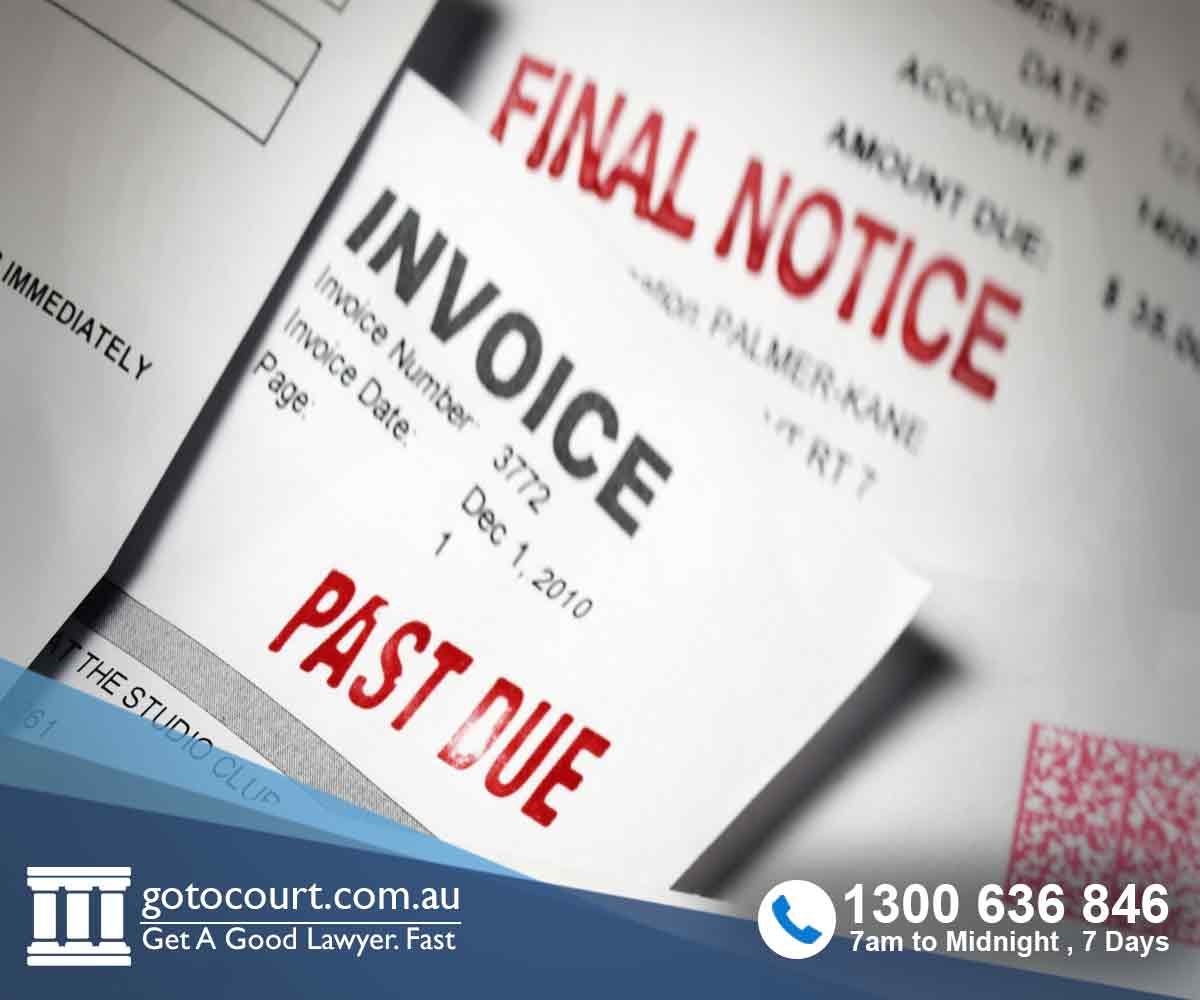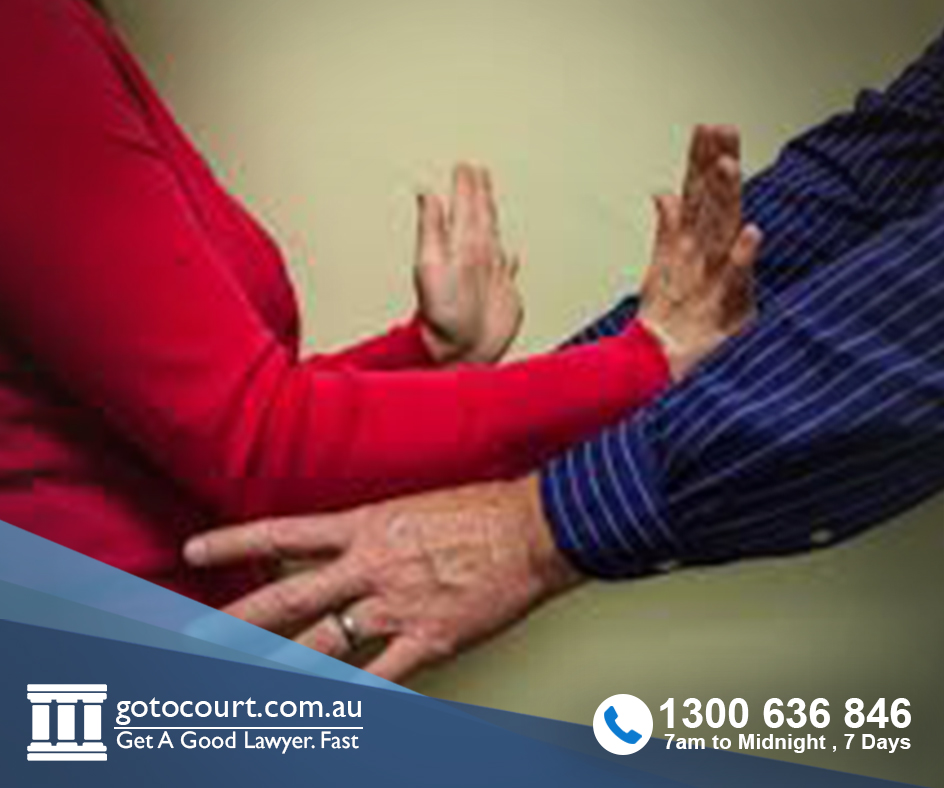Civil Liability of Children
Civil Liability of Children
Children are generally responsible for the consequences of any wrongful acts they commit. However, the degree of reasonable care to be expected of a child depends on the age and experience of the child. How the liability of children is assessed is in some respects different from how the wrongdoing of an adult would be assessed. When a civil action is brought against a child or on a child’s behalf, special procedures must be followed and these are set out in the Uniform Civil Procedure Rules.
Child as plaintiff
If a child under 18 wishes to sue another person, he or she must do so via a litigation guardian. This is usually the young person’s parent or guardian.
Time limits in respect of initiating claims generally run from the date the child turns 18. However in some actions for personal injury the lime limit is shorter.
If a child wishes to bring an action in a Tribunal, he or she may do so without a litigation guardian either by instructing a lawyer or by representing themselves. If a child is too young to act for themselves, a parent or guardian can bring an action in a Tribunal on their behalf.
Child as defendant
When a child is named as the defendant in a civil proceeding, the initiating documents are served on the child’s parent or guardian or the person with whom the child lives. If no adult can be found to accept service, the court can order that service on the child is effective service.
When a child appears to defend an action, he or she does so via a litigation guardian. If a child has been served with court documents and has not appeared or filed a defence within the relevant time, the plaintiff cannot continue to pursue the action until the court orders a litigation guardian be appointed.
Assessing the liability of children
The liability of children for a tort must be assessed with regard to the child’s capacity to foresee the consequence of his or her actions. The closer a child is to the age of majority, the more the standard of care expected of him or her resembles that of an adult. A child engaged in an adult activity like driving a car is expected to meet the standard of care applicable to an adult.
The leading case on the civil liability of children is the 1966 case of McHale v Watson. In that case, a twelve year old boy was found not to have been negligent after he threw a dart at a post and it bounced off the post and hit a girl in the eye. The court found that the boy could not be expected to have foreseen that the dart might not stick to the post and court glance off and injure someone, whereas an adult in the same situation could be expected to have that foresight.
Assessing the liability of parents
Parents are generally not liable for torts committed by their children. However, a parent is liable if a child commits a tort as their agent or with their authority. A parent can also be found to be liable where they have failed to exercise proper control or supervision over a child who has committed a tort.
Parents who are aware that their child has uncontrollable tendencies have a duty to control them more closely.
Proceeds of successful claims
A civil dispute claim where one of the parties is a child cannot be settled out of court unless the settlement is sanctioned by a court or by the Public Trustee.
Where a court awards an amount to a child, the money must be paid into court unless otherwise ordered. Application can be made for payments to be made which are in the interests of the child. The public Trustee can discharge or reimburse expenses reasonably incurred by or on behalf of the child.
Evidence
Children are competent witnesses provided they are capable of understanding the duty to tell the truth. A child who understands the meaning of an oath or affirmation, may give sworn evidence in the same way as an adult. A child who is too young to understand an oath or affirmation can give unsworn evidence provided they can understand that the evidence given must be the truth.
If you need legal advice in relation to a civil matter or any other legal matter please contact Go To Court Lawyers.

Affordable Lawyers
Our Go To Court Lawyers will assist you in all areas of law. We specialise in providing legal advice urgently – at the time when you need it most. If you need a lawyer right now, today, we can help you – no matter where you are in Australia.How It Works




1. You speak directly to a lawyer
When you call the Go To Court Legal Hotline, you will be connected directly to a lawyer, every time.

2. Get your legal situation assessed
We determine the best way forward in your legal matter, free of charge. If you want to go ahead and book a face-to-face appointment, we will connect you with a specialist in your local area.

3. We arrange everything as needed
If you want to go ahead and book a fact-to-face appointment, we will connect you with a specialist in your local area no matter where you are and even at very short notice.

